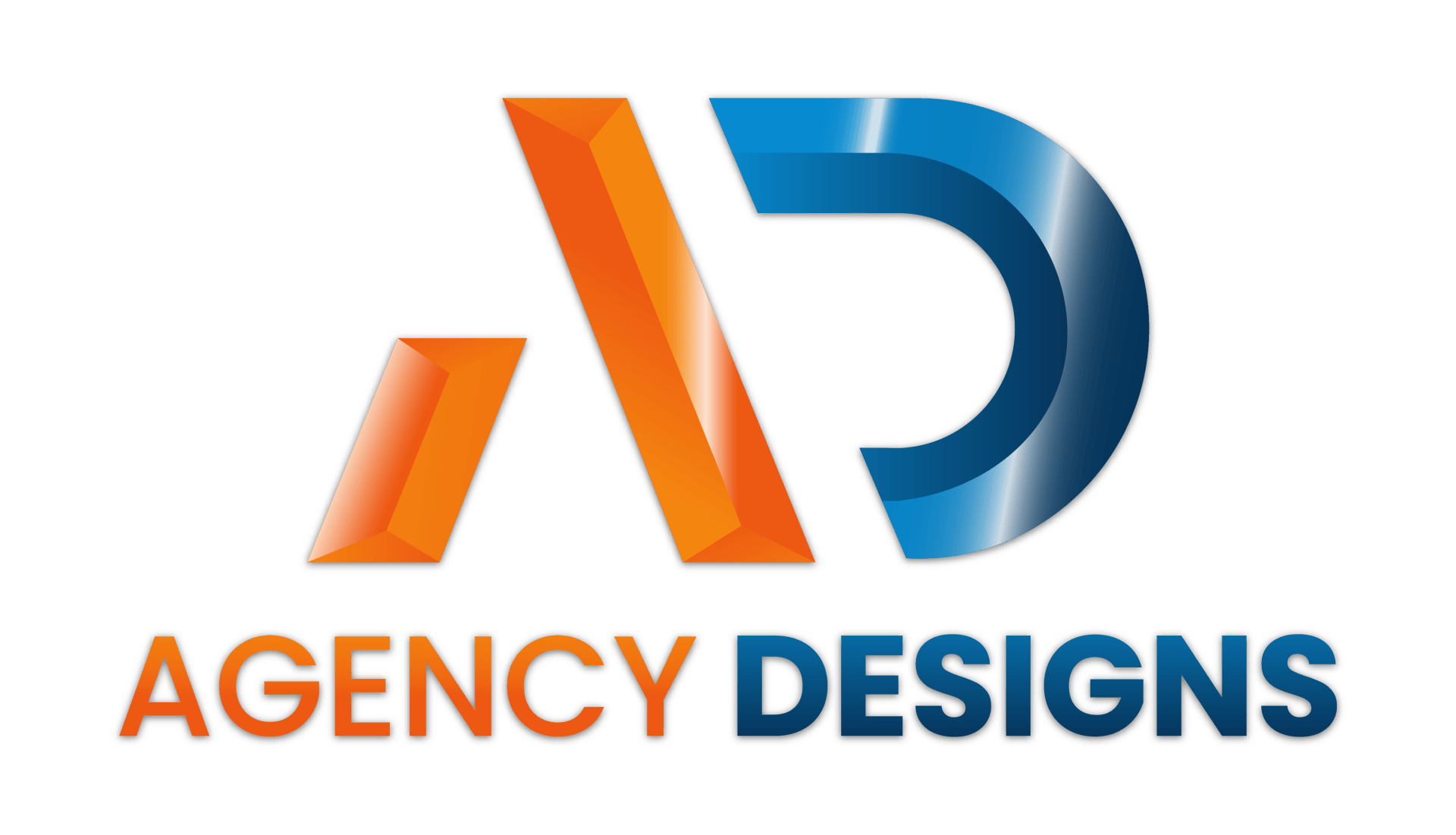Efficient Management Of Client Requests With White Label Fulfillment

Efficient client request management is vital for any agency looking to grow and maintain happy clients. White label fulfillment services offer a practical solution for agencies aiming to improve their service delivery without expanding their internal resources. By delegating tasks externally, agencies can focus on strengthening client relationships and refining strategic goals.
Integrating white label fulfillment into agency workflows involves understanding its role in managing client expectations and setting up effective processes. Doing so enables agencies to operate smoothly, address client needs promptly, and maintain a competitive edge. Whether managing delivery schedules or client feedback, a well-structured fulfillment process is the backbone of an agency's success.
Understanding White Label Fulfillment and Its Role in Client Management
White label fulfillment is a service where an external provider executes various tasks on behalf of an agency, allowing the agency to deliver services under its own brand. This includes everything from product delivery to back-end logistics. White label fulfillment effectively enables agencies to serve their clients without managing the entire production or fulfillment process. Agencies can extend their service offerings and manage client demands with efficiency and speed.
This strategic approach is particularly beneficial when managing client requests. When integrated properly, white label fulfillment aids agencies by handling the operational side, freeing up agency resources to focus on building and maintaining client relationships. By outsourcing these tasks, agencies can ensure quick response times to client requests, enhancing client satisfaction and loyalty.
Moreover, white label fulfillment allows agencies to scale their services in response to client growth or market opportunities. Limitations in staff or resources no longer burden agencies. Instead, they can offer solutions tailored to specific client needs, using the expertise and infrastructure of their fulfillment partner. This flexibility is crucial for agencies aiming to expand their market reach or enter new service areas without overextending themselves.
Streamlining Client Requests with Effective Systems
It's vital to have effective systems in place to manage client requests efficiently. The first step is to develop a structured process that clearly outlines how requests are received, processed, and delivered. This begins with a centralized system for capturing and tracking client communications. Platforms like customer relationship management (CRM) tools can efficiently manage these interactions.
Following this, create standard operating procedures (SOPs) that detail each step of the request management process. SOPs help ensure consistency and quality in service delivery, providing team members with clear guidance on handling requests. Include timelines for each process stage to manage expectations and enhance time management.
Communication plays a critical role in streamlining requests. Establishing a straightforward channel where clients can easily submit requests and receive updates is important. Ensure your team members are trained to communicate effectively with clients, providing timely information and updates as needed. This transparency builds trust and encourages smooth collaboration between the agency and its clients.
Lastly, regularly review and refine these systems to ensure they remain efficient and aligned with evolving client needs. Invite client and team members' feedback to identify bottlenecks and areas for improvement. By continuously optimizing these processes, agencies can maintain high service and client satisfaction levels while easily managing increasing requests.
Choosing the Right White Label Fulfillment Partner
Selecting the right partner is crucial for effective white label fulfillment. Begin by evaluating potential partners based on their expertise and track record in the industry. Look for partners with proven capabilities in managing tasks that align with your agency’s goals. Experience in handling specific types of projects and familiarity with your client base can be major advantages.
Consider the range of services offered by the fulfillment partner. A provider with a comprehensive suite of services can address various client needs, offering flexibility and assurance in meeting expectations. Assess their technological capabilities to ensure they can integrate seamlessly with your existing systems and workflows, ensuring compatibility and minimizing transition hiccups.
Communication is key in any partnership, so prioritize partners who maintain open lines of communication. They should provide regular updates and transparency in operations. This factor is vital as it affects the quality of service your clients will ultimately receive. Additionally, evaluate the scalability of their services to ensure they can grow alongside your agency and client demands.
Lastly, align your objectives with those of your chosen fulfillment partner. A mutual understanding of services, processes, and client expectations helps ensure a harmonious partnership. This alignment is crucial to delivering consistent and favorable client results, fostering long-term relationships built on trust and success.
Monitoring and Improving Fulfillment Processes
To ensure optimal service, regularly monitor your fulfillment processes. Start by setting clear performance indicators that align with client expectations and business objectives. Track metrics such as delivery times, client satisfaction rates, and error frequencies to understand where improvements are needed. These metrics help identify trends and areas that require attention.
Utilize client feedback as a valuable tool for process improvement. Encourage clients to share their thoughts on service quality and their experience. This feedback can highlight strengths and reveal aspects needing enhancement. Make periodic reviews a routine, allowing your team to adapt strategies according to new insights and evolving client needs.
Implement technology to automate and streamline processes whenever possible. Automation reduces manual errors and frees resources for more complex tasks, improving efficiency. Regularly update technology and systems to stay on top of industry standards, ensuring your agency remains competitive.
Foster a culture of continuous improvement within your agency. Encourage your team to propose solutions and innovations that enhance fulfillment processes. Together, these efforts build a path to meet and exceed client expectations, establishing your agency as a reliable partner in their growth journey.
Conclusion
Efficient management of client requests through white label fulfillment is a powerful strategy for agencies aiming to expand their service offerings and satisfy clients consistently. By understanding the role of white label services and implementing effective systems, agencies can handle higher volumes of requests without compromising on quality or speed. This approach allows agencies to focus on strategic growth while leveraging the expertise of fulfillment partners.
Choosing the right fulfillment partner ensures that services are delivered seamlessly and client satisfaction remains high. Continuous monitoring and improvement of these processes guarantee that agencies can adapt to changing client needs and market trends. Agencies can turn fulfillment challenges into opportunities for greater efficiency and client loyalty by staying proactive.
At Agency Designs, we understand the importance of efficiently scaling and managing client requests. Discover how partnering with us for
white label SEO fulfillment can benefit your agency. Reach out today to explore tailored solutions that resonate with your goals and deliver exceptional client outcomes.










